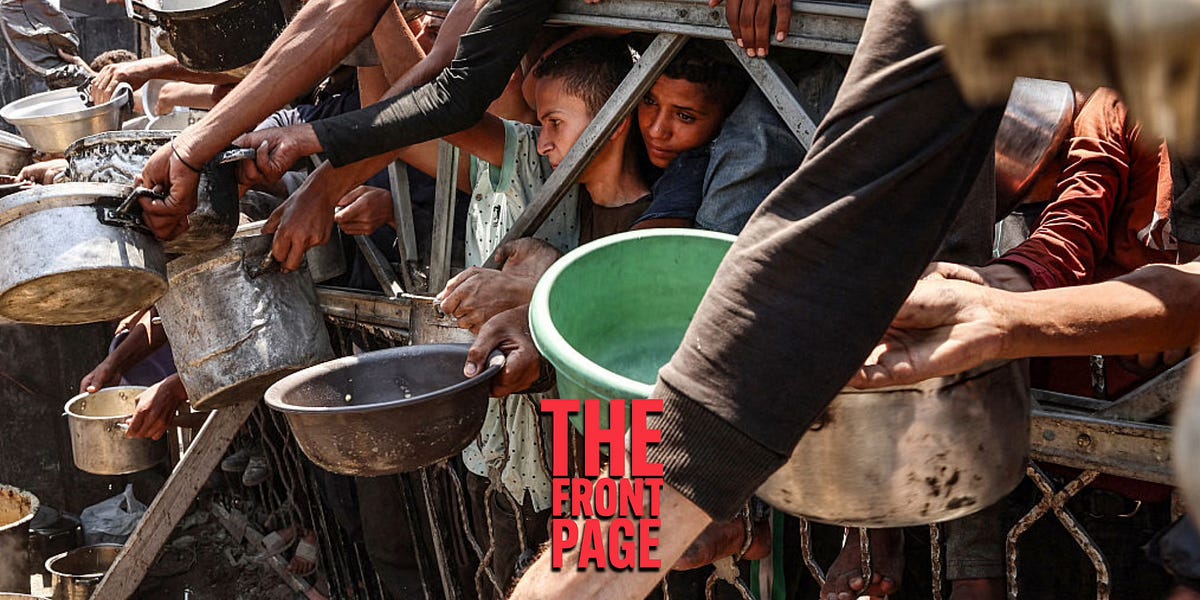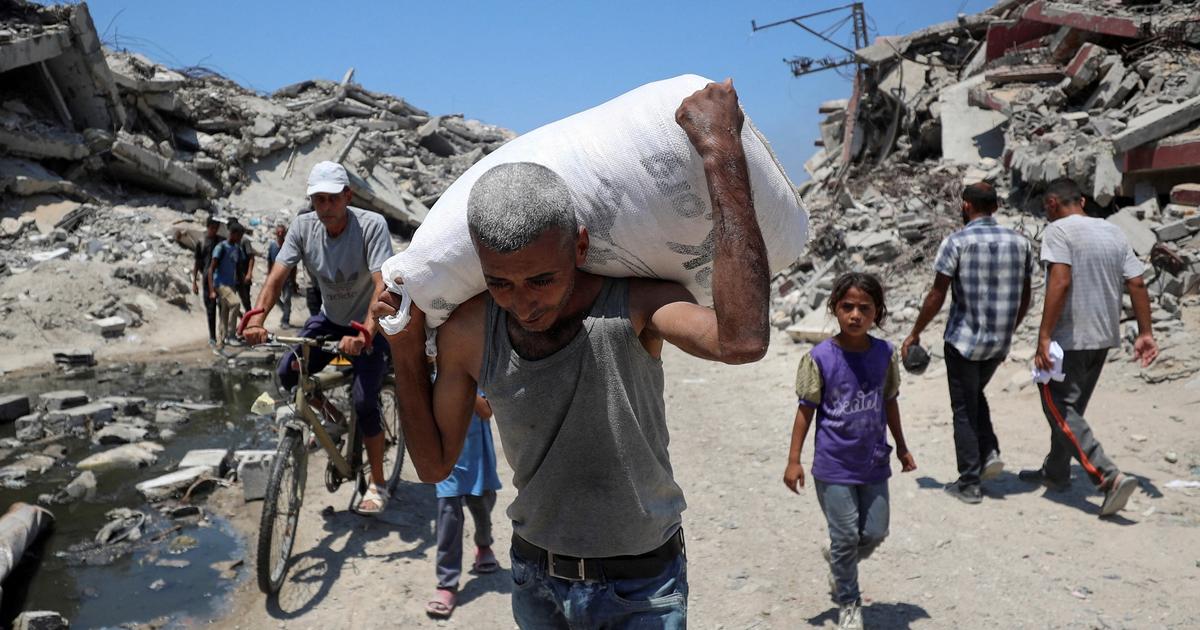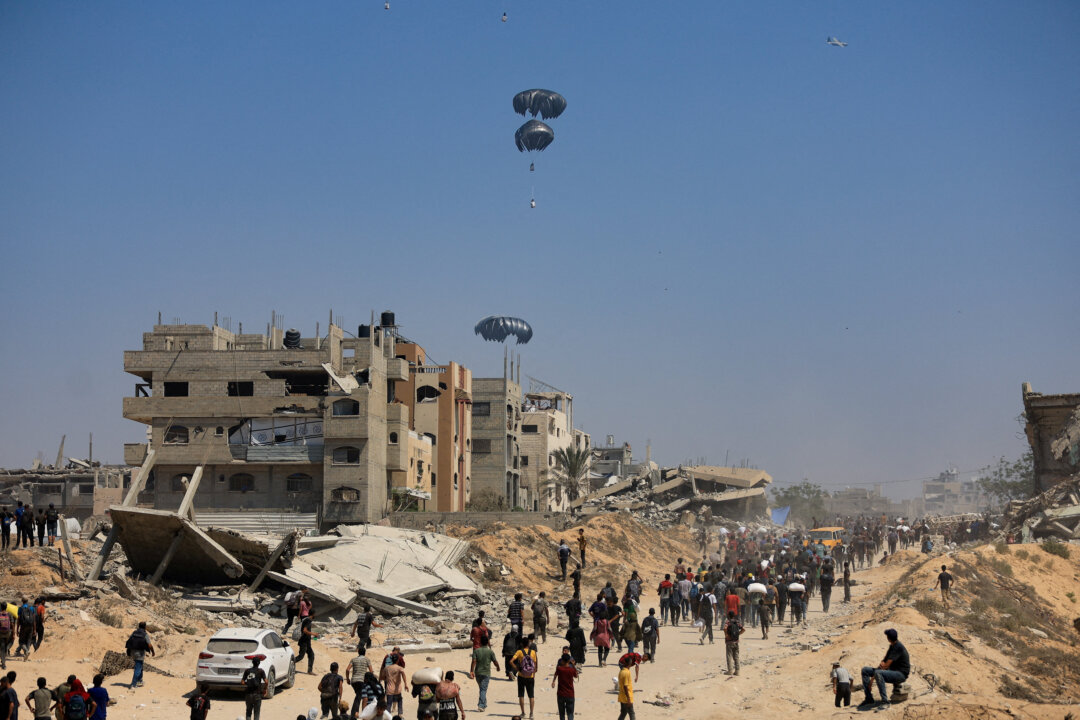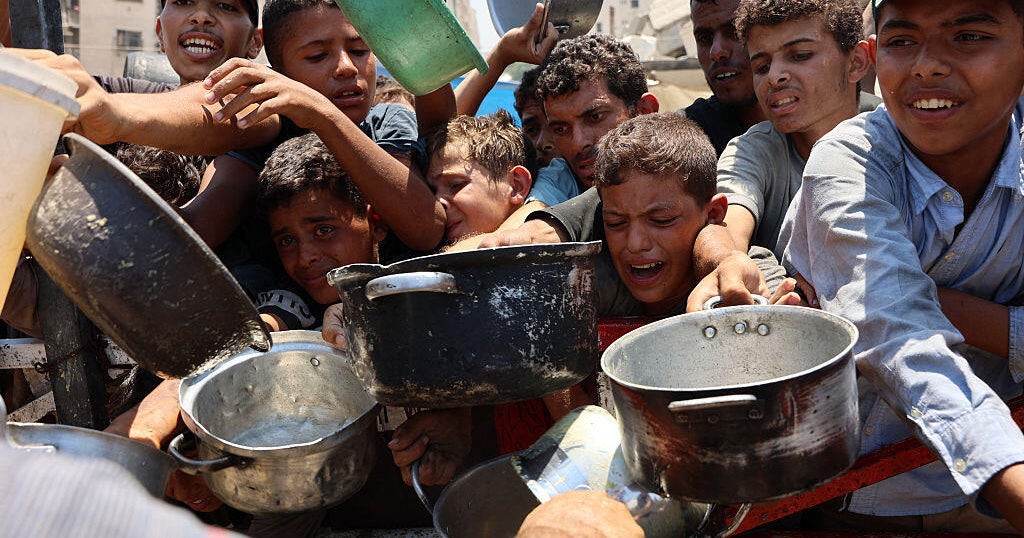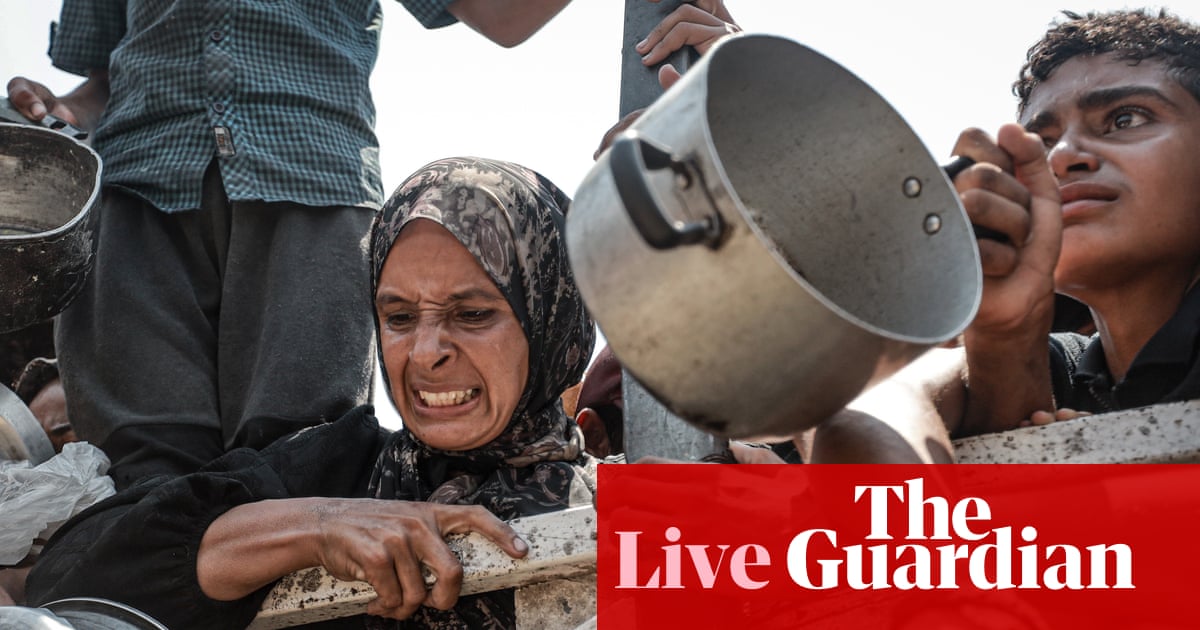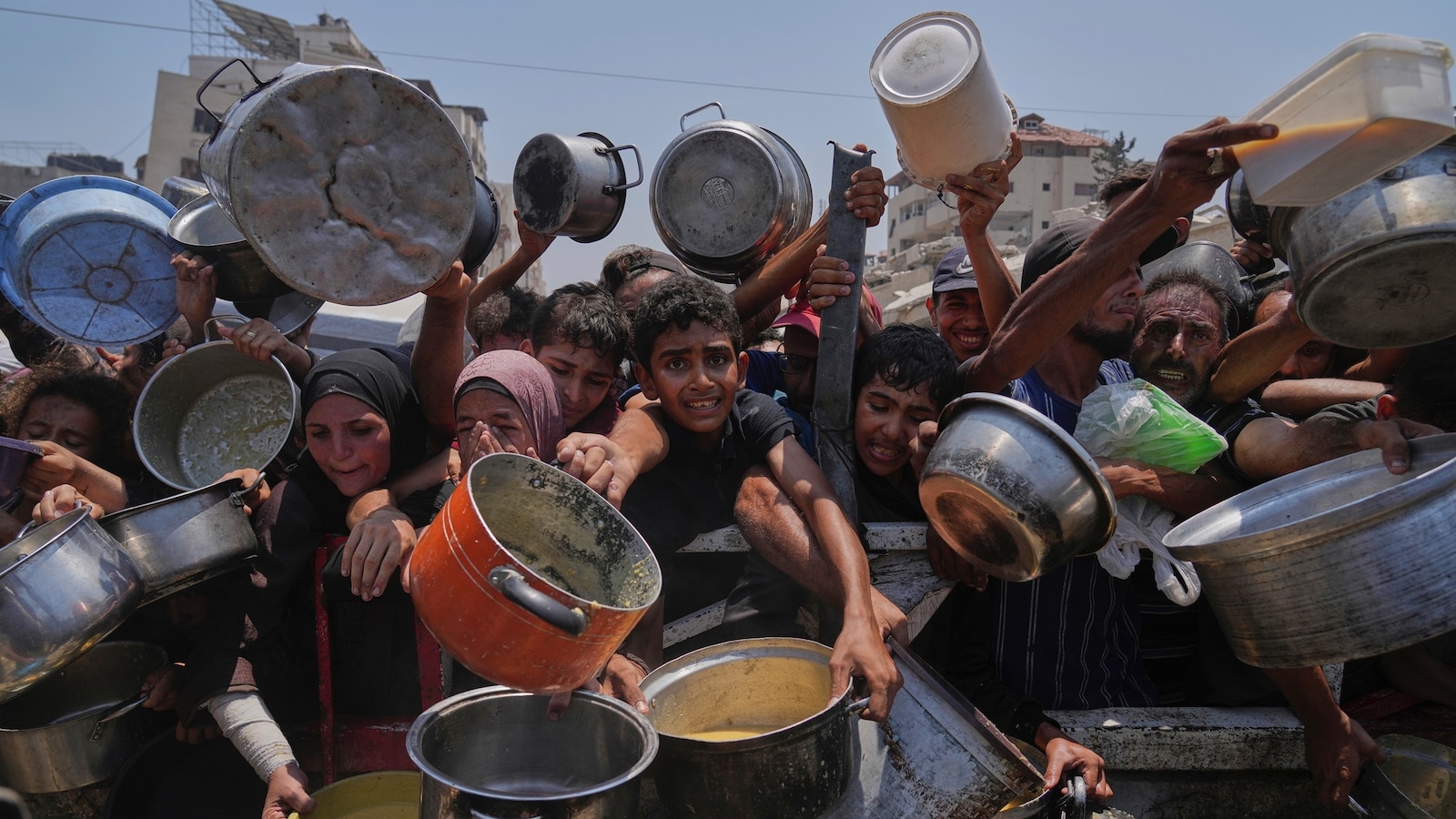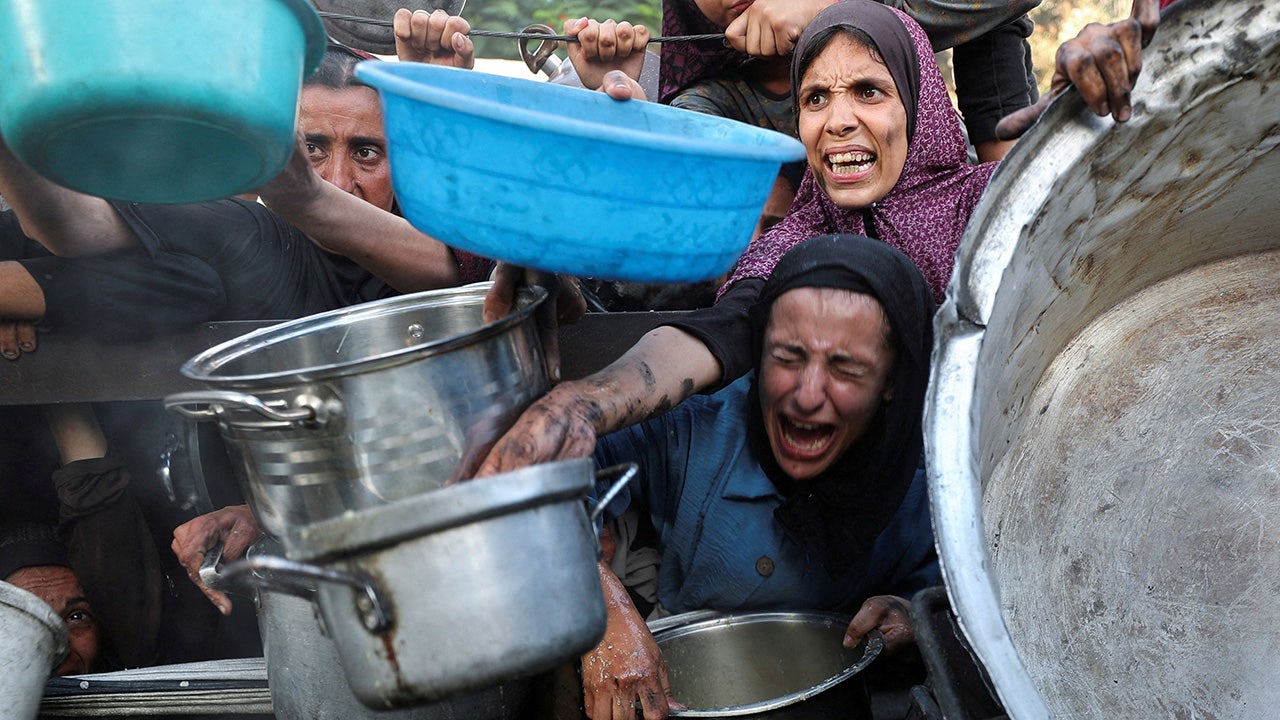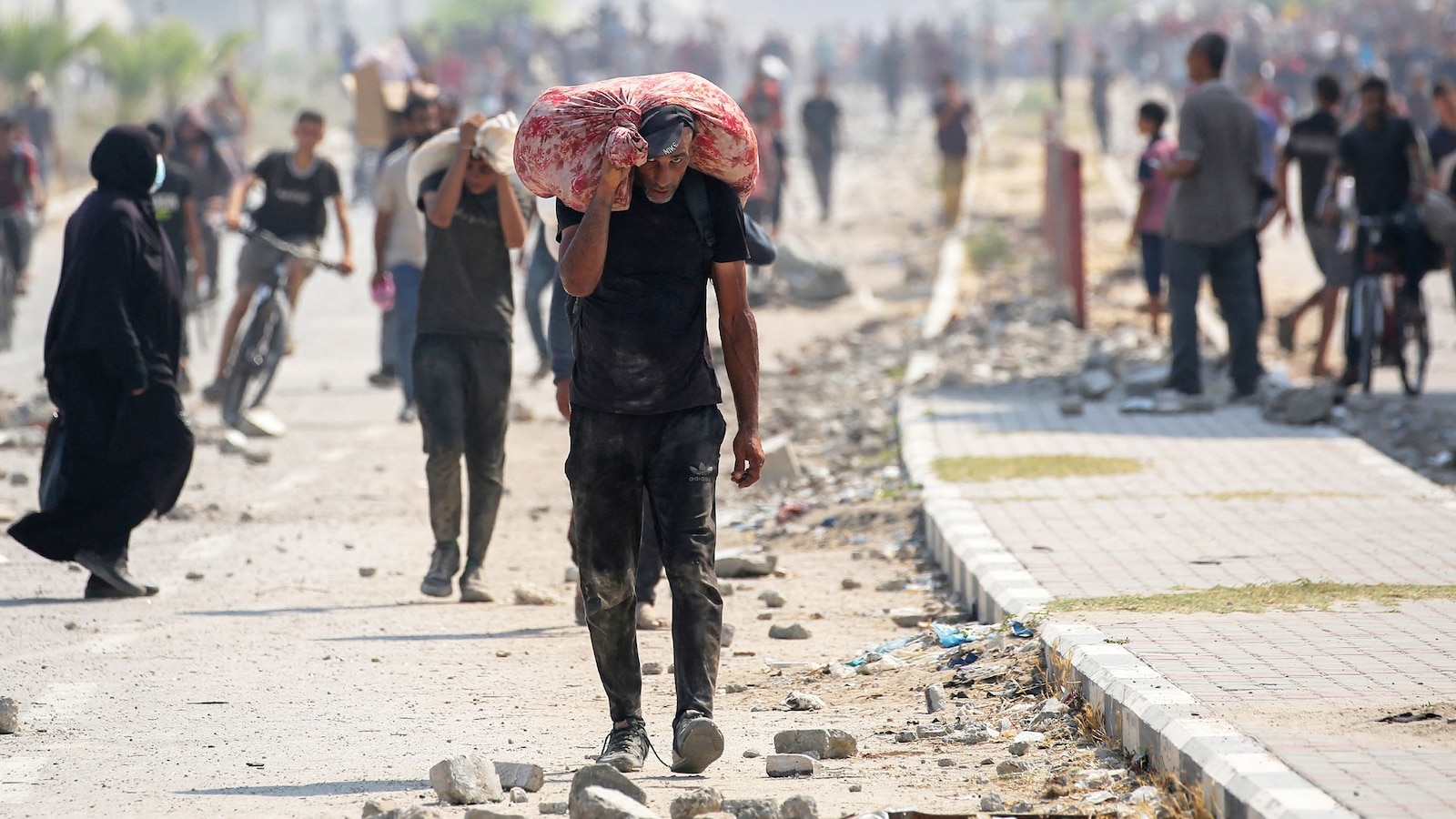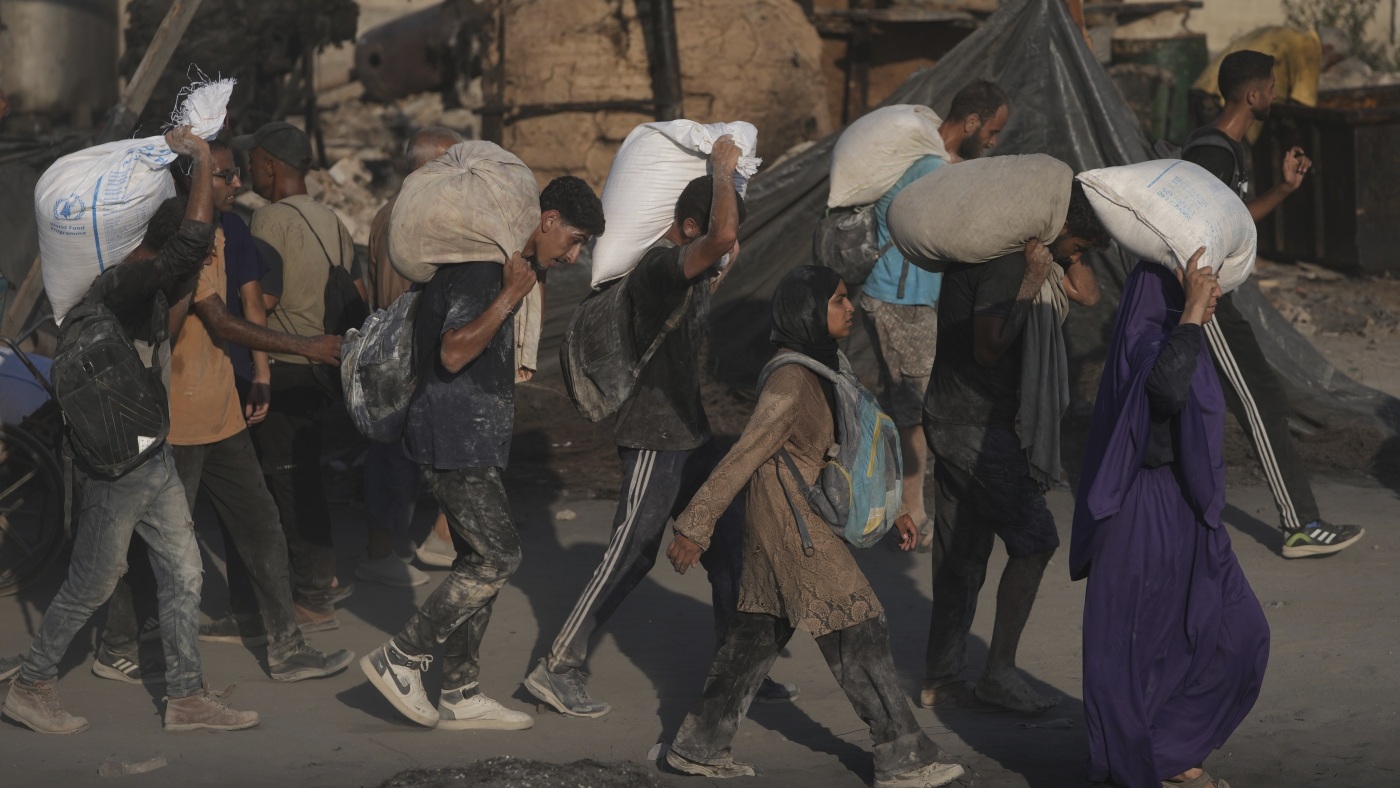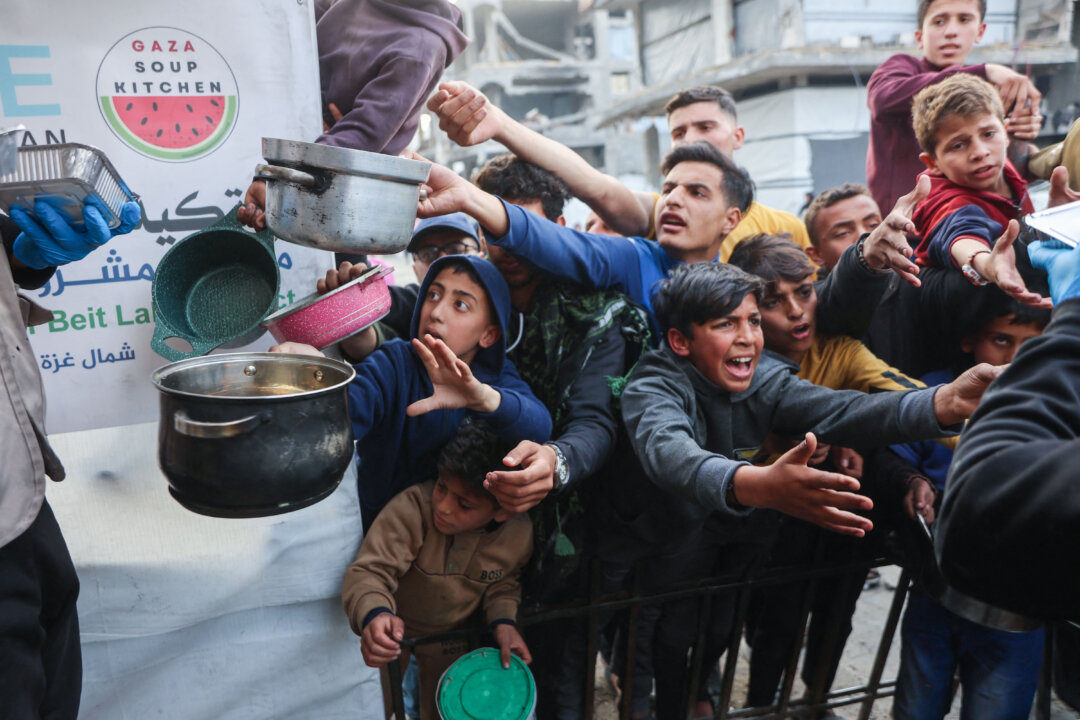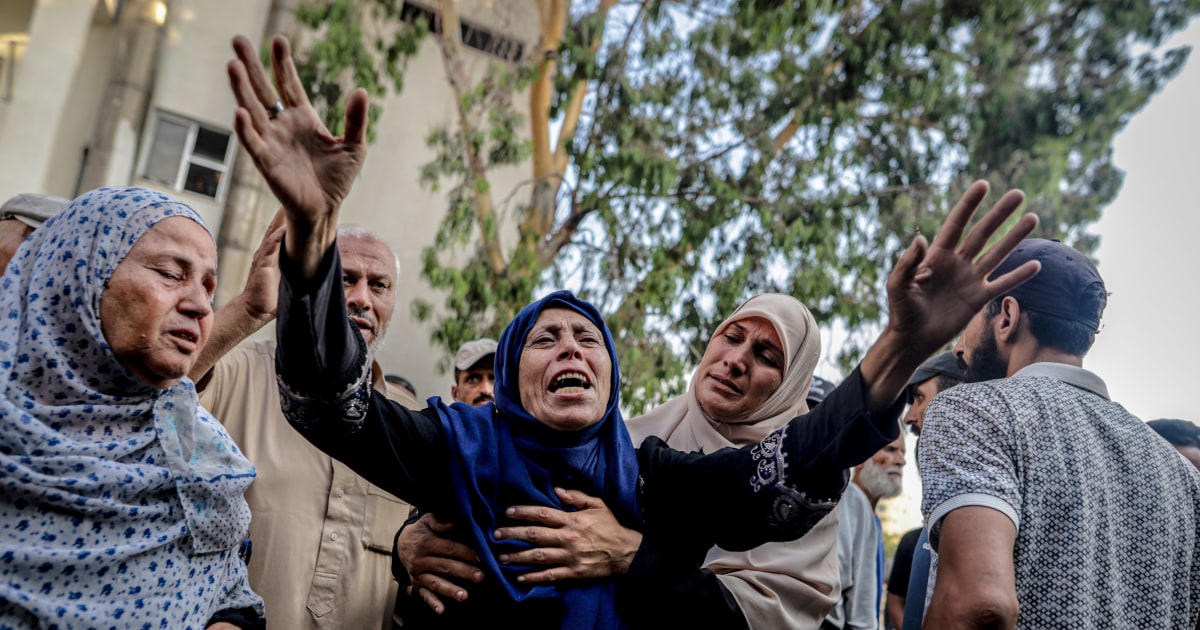Gaza Humanitarian Crisis Deepens Amid Aid Delivery Challenges and International Criticism
Gaza faces a severe humanitarian crisis, with over 2 million Palestinians experiencing widespread hunger. Israeli aid efforts, including airdrops, are underway, but international criticism mounts over restrictions and aid-related deaths.
Subscribe to unlock this story
We really don't like cutting you off, but you've reached your monthly limit. At just $5/month, subscriptions are how we keep this project going. Start your free 7-day trial today!
Get StartedHave an account? Sign in
Overview
- Over 2 million Palestinians in Gaza are experiencing widespread hunger due to a failing aid system, highlighting a severe humanitarian crisis and urgent need for effective assistance.
- The Israeli military has initiated humanitarian corridors and begun airdropping essential food items into Gaza, aiming to alleviate critical food shortages affecting the population.
- International criticism has intensified following numerous Palestinian deaths while attempting to access aid, leading to widespread calls for Israel to immediately lift existing aid restrictions.
- Aid organizations and Israel are exchanging blame for the worsening food crisis, with experts suggesting current restrictions on aid delivery may constitute breaches of international humanitarian law.
- The UN's Palestinian refugee agency criticizes aid airdrops as costly and inefficient, strongly advocating for unrestricted ground aid delivery as the most effective and sustainable solution for Gaza.
Report issue

Read both sides in 5 minutes each day
Analysis
Center-leaning sources frame the story by emphasizing the severe humanitarian crisis in Gaza, directly linking it to Israeli restrictions and military actions. They highlight international criticism and aid agencies' calls for broader access, often presenting Israeli justifications for aid control with skepticism or counter-evidence, portraying Israel's "pauses" as insufficient.
Articles (27)
Center (13)
FAQ
The humanitarian crisis in Gaza is primarily caused by ongoing conflict since October 2023, extensive displacement of about 90% of the population, restrictions on aid delivery by Israel, destruction of infrastructure including hospitals and food supplies, and limited access to essential services such as food, water, and medical care.
Approximately 1.9 million Palestinians, or about 90% of Gaza's population, have been displaced, many repeatedly, while at least 58,573 Palestinians have been reported killed since October 2023, including a significant number of children, women, and elderly.
Current efforts include Israeli military-initiated humanitarian corridors and airdrops of food supplies. However, aid delivery faces severe restrictions, inefficiencies, and increased danger for civilians accessing aid, with criticisms that air drops are costly and less effective compared to unrestricted ground aid, which is advocated as the most sustainable solution.
International criticism has intensified over the restrictions imposed on aid delivery, with calls for Israel to lift these restrictions immediately. Many aid organizations and international bodies accuse both Israel and aid groups of contributing to the worsening crisis, and suggest current restrictions may breach international humanitarian law. Numerous countries have called for cessation of hostilities and increased humanitarian access.
The crisis has led to widespread hunger affecting over 2 million people, including severe malnutrition among children, pregnant women, and the elderly. The health system is shattered with hospitals largely non-functional, and there is a critical shortage of food, clean water, and medical care, resulting in high casualties and suffering among civilians.
History
- 3M

 7 articles
7 articles
- 3M

 5 articles
5 articles
- 3M

 4 articles
4 articles
- 3M

 7 articles
7 articles
